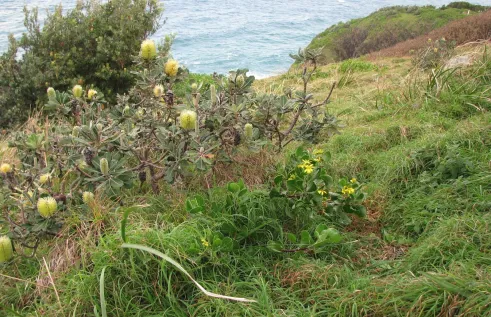Can ChatGPT flag potential terrorists? Study uses automated tools and AI to profile violent extremists
Technology such as ChatGPT could play a complementary role and help profile terrorists and identify the likelihood of them engaging in extremist activity, according to a groundbreaking study which could make anti-terrorism efforts more efficient.
Charles Darwin University (CDU) researchers fed 20 post-9/11 public statements made by international terrorists to software Linguistic Inquiry and Word Count (LIWC).
They then provided ChatGPT with a sample of statements from four terrorists within this dataset and asked the technology two questions: What are the main themes or topics in the text, and what grievances are behind the communicated messages?
ChatGPT was able to identify the central themes of selected texts by four terrorists which revealed clues to each individual’s motivations and the purpose of their texts. ChatGPT could produce reasonably well thematic and semantic categories.
Themes include retaliation and self-defense, rejecting democratic systems, opposition to secularism and apostate rulers, struggle and martyrdom, dehumanisation of opponents, criticism of mass immigration, opposition to multiculturalism, and more.
ChatGPT also identified clues to motivations of violence, including desire for retribution and justice, anti-Western sentiment, oppression and aggression by enemies, religious grievance, and fear of racial and cultural replacement.
The themes were also mapped onto the Terrorist Radicalisation Assessment Protocol-18 (TRAP-18), a tool used by authorities to assess individuals who potentially might engage in terrorism.
The themes were found to have matched with TRAP-18 indicators of threatening behaviour.
Lead author Dr Awni Etaywe, who is a leading expert in forensic linguistics focusing on terrorism, says the advantage of large language models (LLMs) like ChatGPT is it could be used as a complementary tool which does not require specific training.
“While LLMs cannot replace human judgement or close-text analysis, they offer valuable investigative clues, accelerating suspicion and enhancing our understanding of the motivations behind terrorist discourse,” Dr Etaywe said.
“Despite concerns about the potential weaponisation of AI tools like ChatGPT as raised by Europol, this study has demonstrated that future work aimed at enhancing proactive forensic profiling capabilities can also apply machine learning to cyberterrorist text categorisation.”
The paper was co-authored by CDU International Relations and Political Science Senior Lecturer Dr Kate Macfarlane, and CDU Information Technology Professor Mamoun Alazab.
Dr Etaywe said further study is needed to improve the accuracy and reliability of LLMs, including ChatGPT’s analyses.
“We need to ensure it becomes a practical aid in identifying potential threats while considering the socio-cultural contexts of terrorism,” Dr Etaywe said.
“These large language models thus far have an investigative but not evidential value.”
A cyberterrorist behind the keyboard: An automated text analysis for psycholinguistic profiling and threat assessment was published in the Journal of Language Aggression and Conflict.
Related Articles

New project to grow Indigenous aquaculture on one of Australia’s largest islands
An Australian island’s efforts to improve food security and transition into a blue economy will be bolstered by a new project to propagate a nutritious and increasingly popular fish.
Read more about New project to grow Indigenous aquaculture on one of Australia’s largest islands
Potential for satellites and AI to help tackle critical invasive species problem
Satellite imagery and artificial intelligence can detect with high accuracy two invasive weed species in Australia, posing a new opportunity for defense against these pervasive plants.
Read more about Potential for satellites and AI to help tackle critical invasive species problem
Conservation planning ‘good for biodiversity and business’
The Northern Territory’s investment in solar and wind energy production needs to benefit people and the planet, but new research highlights critical pitfalls in planning.
Read more about Conservation planning ‘good for biodiversity and business’
